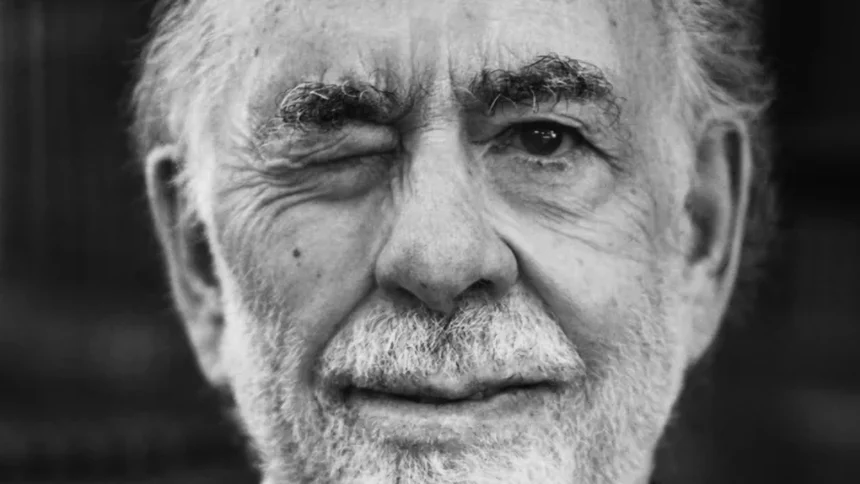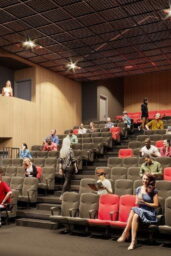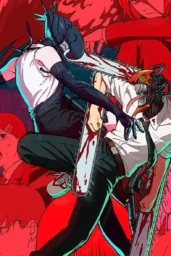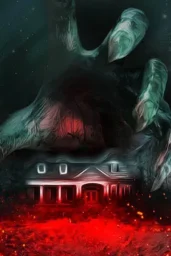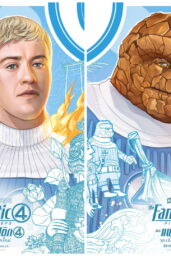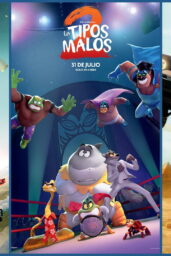We often find ourselves debating whether the greats of cinema are sufficiently celebrated in their time. Yet, one truth remains enduring: the torch of influence is continually passed from one generation of filmmakers to the next. Legends like Francis Ford Coppola, who helped define modern cinema, serve as both custodians of this heritage and harbingers of its future.
During a recent visit to The Criterion Collection's famed closet, Coppola shared his thoughts on where cinema has been and where it might be heading. “All of us are on the shoulders of giants,” Coppola remarked. His words echo the essence of artistic evolution—every generation draws inspiration from the one before it. “The cinema of our grandchildren is going to be out there on the edge…It's going to be so different,” he said, adding that imagining such transformations brings him joy.
Coppola's journey from inspiration to creation highlights the power of influence in cinema. He recounted how Michelangelo Antonioni's Blow-Up deeply impacted him, inspiring The Conversation. Both films explore themes of surveillance and secrets, reflecting a shared lineage of storytelling that later influenced Brian De Palma's Blow Out. These interwoven threads of creativity demonstrate how art transcends time, bridging gaps between visionaries.
Beyond his philosophical musings, Coppola's visit to the Criterion closet was marked by his selections, which included The Complete Jacques Tati and Dorothy Arzner's Dance, Girl, Dance. He even revisited his own Rumble Fish, currently his only film in the collection. The moment sparked curiosity: could more of Coppola's iconic works soon join Criterion's library?
As cinema evolves, the question lingers: What shape will the art form take in the hands of new storytellers? Coppola's reflections emphasize the unpredictable yet thrilling potential of the medium, reminding us that innovation often defies our expectations.
Personal Impressions: Francis Ford Coppola's enduring optimism for the next generation of filmmakers is a reminder of cinema's boundless potential. His acknowledgment of Antonioni's influence reveals a humility rare among legends, illustrating the collaborative spirit of art. As a fan of The Conversation, I was struck by how seamlessly Coppola connects the dots between inspiration and execution. His belief in a future cinema we “can't even understand” is not just hopeful—it's a call to embrace the unknown.
The Criterion closet visit added a touch of humanity to the iconic director. Coppola selecting his own film, Rumble Fish, was a quietly profound moment—an artist revisiting his past while looking ahead. It's a reminder that even legends find new meaning in their creations over time.
What do you think the future of cinema will look like? Do you share Coppola's optimism for the next wave of filmmakers? Let us know in the comments below!

